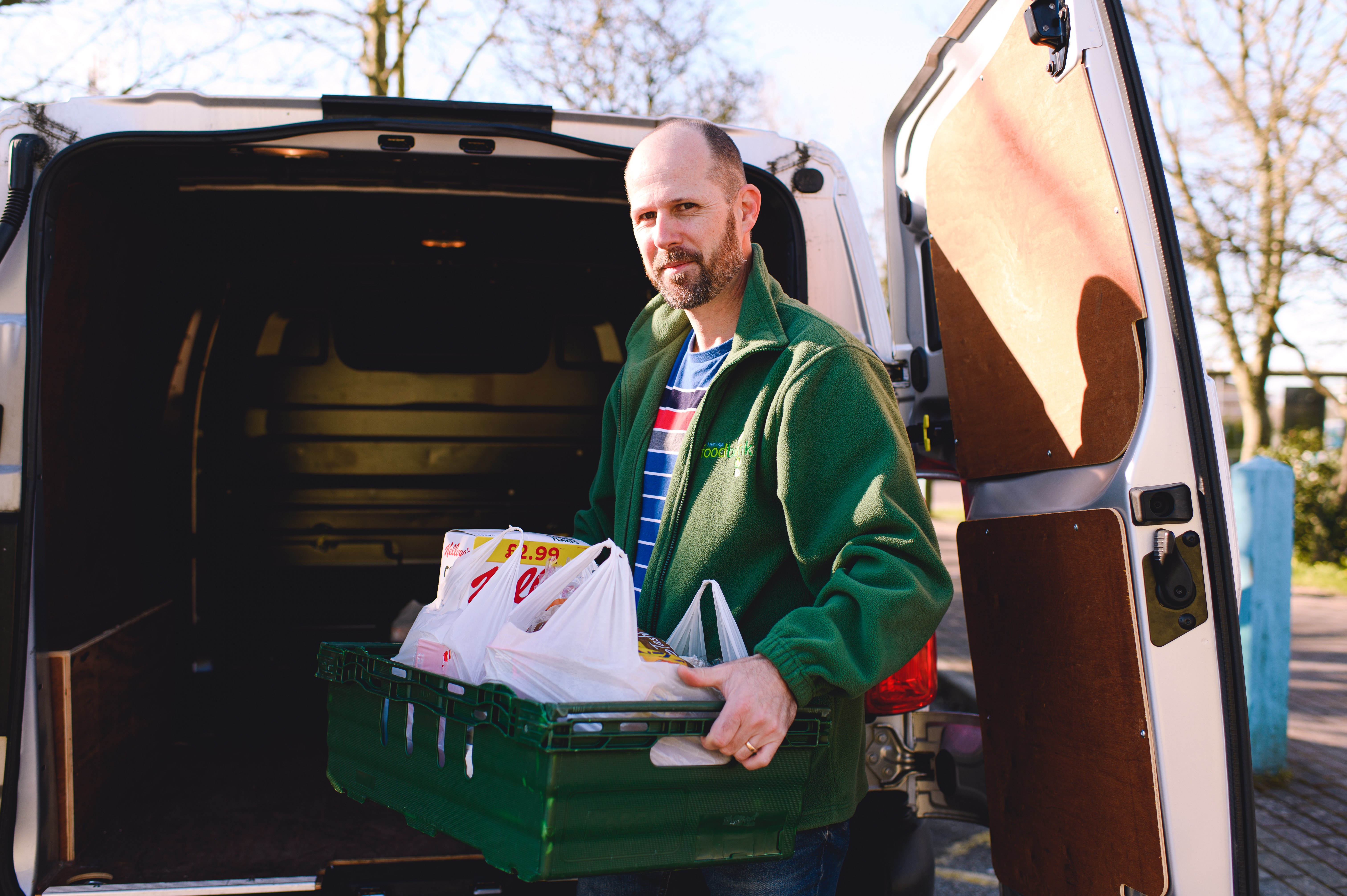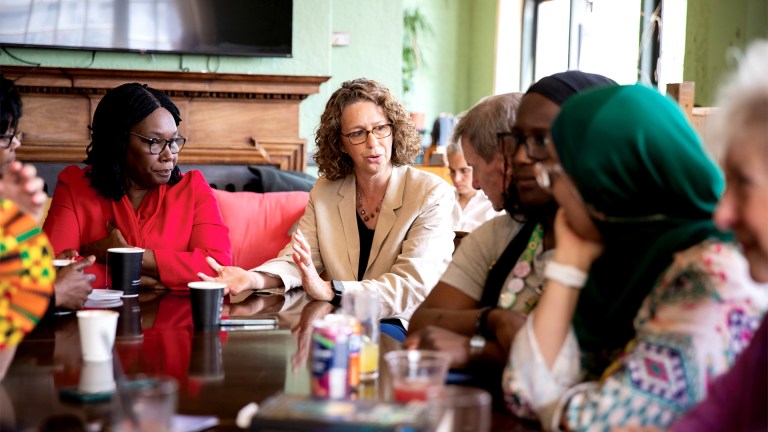For 35,000 residents of Hastings, May Day will always be synonymous with disaster. A burst pipe left thousands without running water over the bank holiday weekend in 2024, heralding a period of six days where many were unable to wash up, flush the toilet, or change babies’ nappies.
Amid the chaos, a team of volunteers was activated to help get bottled water to those who needed it. Working with Hastings HEART, the volunteers drove to water stations set up by Southern Water, delivering and lifted heavy loads for neighbours who couldn’t.
- Labour’s billion pound gamble: Can community energy deliver the affordable power the UK needs?
- ‘We don’t live single issue lives’: This exhibition is celebrating trans joy amid the culture wars
- Covid got us all in mutual aid groups. Five years on, what happened to the lockdown anarchists?
“It was suddenly really serious,” says HEART chief officer Kim Batty. “There were huge blockages of people trying to drive to these water stations, and also these water stations weren’t properly set up.”
Batty adds: “When there’s an emergency, it’s a real leveller. People stop having so much stigma around people who need help, people asking for help.”
But when disaster strikes elsewhere, the UK may not be well prepared. The country is not equipped to protect its citizens from crisis, a new report by The Young Foundation has found. Those living in areas of deprivation are particularly at risk.
The charity has said every member of society needs to have the information and skills to keep safe in a disaster, with preparedness exercises needed alongside a National Preparedness Index. Voluntary, community and faith groups should be recognised as “critical national infrastructure” – the same designation afforded to national power plants and emergency services – the report said.










